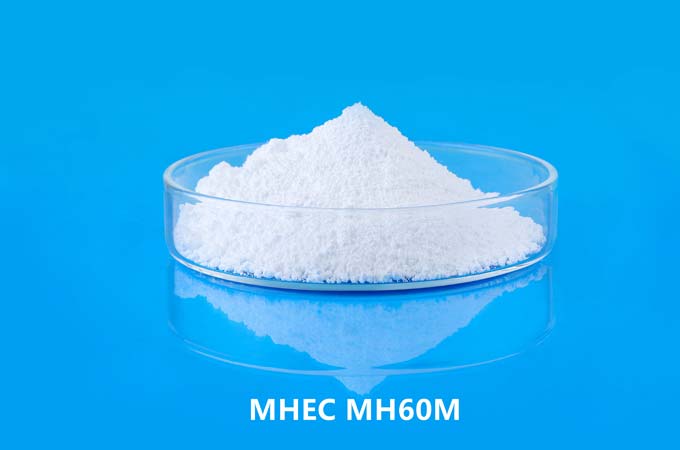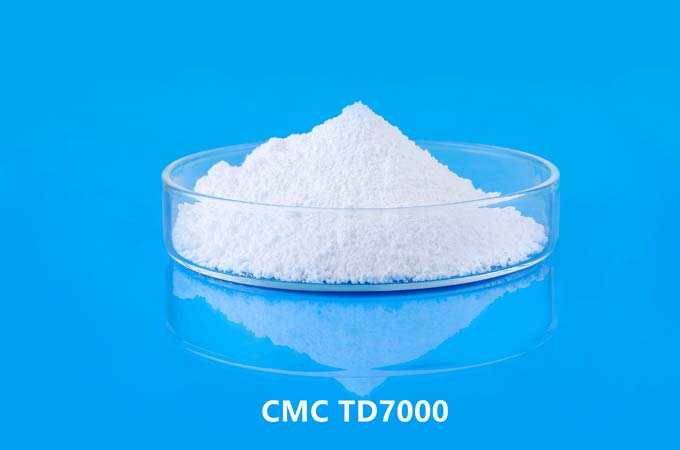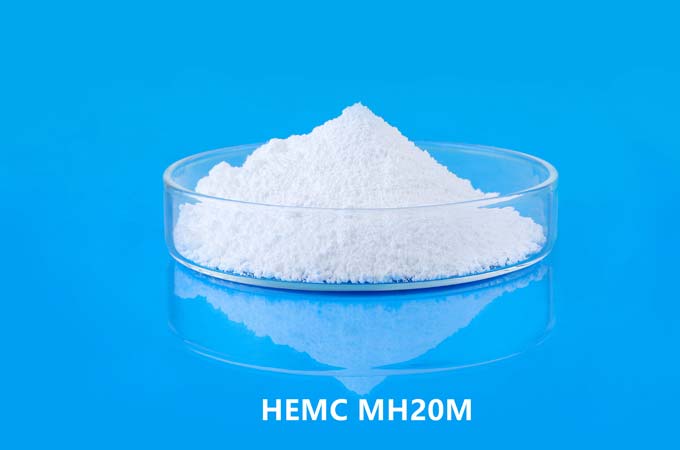Cellulose ethers are a versatile class of compounds derived from cellulose, a natural polymer found in plant cell walls. These ethers are widely used in a variety of industrial applications due to their unique properties, including water solubility, thickening ability, and film-forming ability.
1. Pharmaceutical industry:
Tablet Coating: Cellulose ethers such as hydroxypropyl methylcellulose (HPMC) are commonly used for coating pharmaceutical tablets. They enhance tablet appearance, provide a smooth surface, and improve drug release characteristics.
Controlled release formulations: Controlled release of drugs is crucial in pharmaceuticals. Cellulose ethers are used to formulate sustained-release dosage forms to ensure stable release of active pharmaceutical ingredients over time.
Suspensions and Emulsions: Cellulose ethers act as stabilizers in pharmaceutical suspensions and emulsions, preventing particle settling and ensuring uniform distribution of the active ingredient.
2. Food and Beverages:
Thickeners and gelling agents: In the food industry, cellulose ethers are used as effective thickeners and gelling agents. They are used in a variety of products, including sauces, dressings and dairy products, to achieve the desired texture and viscosity.
Fat Substitute: Cellulose ethers can be used as fat substitutes in low-fat or fat-free foods, providing a creamy mouthfeel without adding calories.
3.Construction industry:
Tile adhesives: Cellulose ethers can improve the construction and bonding properties of tile adhesives in the construction sector. They help form a stable grout, ensuring proper bonding between the tile and substrate.
Mortars and Grouts: Cellulose ethers are often added to cement-based mortars and grouts to enhance water retention, workability and adhesion. They also reduce the risk of cracking and increase overall durability.
4. Textile industry:
Textile Printing: In textile printing, cellulose ethers are used as thickeners for dye slurries. They help control the viscosity of the slurry, ensuring even, precise printing on the fabric.
Sizing agents: Cellulose ethers can be used as sizing agents in the textile industry to improve the strength and smoothness of yarns during the weaving process.
5. Personal care products:
Cosmetic formulations: Cellulose ethers can be used in cosmetic formulations such as creams, lotions and shampoos, acting as stabilizers, thickeners and emulsion stabilizers.
Contact lens solutions: Hydroxypropyl methylcellulose is used in the formulation of contact lens solutions because of its ability to provide lubrication and moisturizing.
6.Paints and Coatings:
Latex Paints: Cellulose ethers help increase the viscosity and stability of latex paints, preventing pigment settling and ensuring a consistent application texture.
Wood Coatings: They are used in wood coatings to enhance flow, adhesion and water resistance.
7. Adhesives and sealants:
Water-based adhesives: Cellulose ethers are key ingredients in water-based adhesives that improve adhesion, viscosity control and tack.
Caulks and Sealants: In sealant formulations, cellulose ethers play a role in regulating rheology, ensuring proper application and sealing performance.
8. Paper industry:
Paper Coating: Cellulose ethers contribute to paper coating formulations, improving the smoothness, printability and surface strength of coated paper.
Retention and filter aids: They are used as retention aids in papermaking, enhancing the retention of fine particles and increasing the efficiency of filter aids.
9. Oil and Gas Industry:
Drilling Fluids: Cellulose ethers are used in drilling fluids in the oil and gas industry to control viscosity, suspend solids and improve fluid stability during drilling operations.
10.Water treatment:
Flocculants: Some cellulose ethers act as flocculants in water treatment processes, helping to coagulate and remove impurities from the water.
Cellulose ethers are indispensable in a wide range of industrial applications, helping to improve the efficiency, stability and performance of a variety of products across industries. Their versatility and environmental friendliness make them a valuable component in developing innovative and sustainable solutions across industries.
 English
English 日本語
日本語 français
français Deutsch
Deutsch Español
Español italiano
italiano русский
русский português
português العربية
العربية Türkçe
Türkçe Nederland
Nederland



